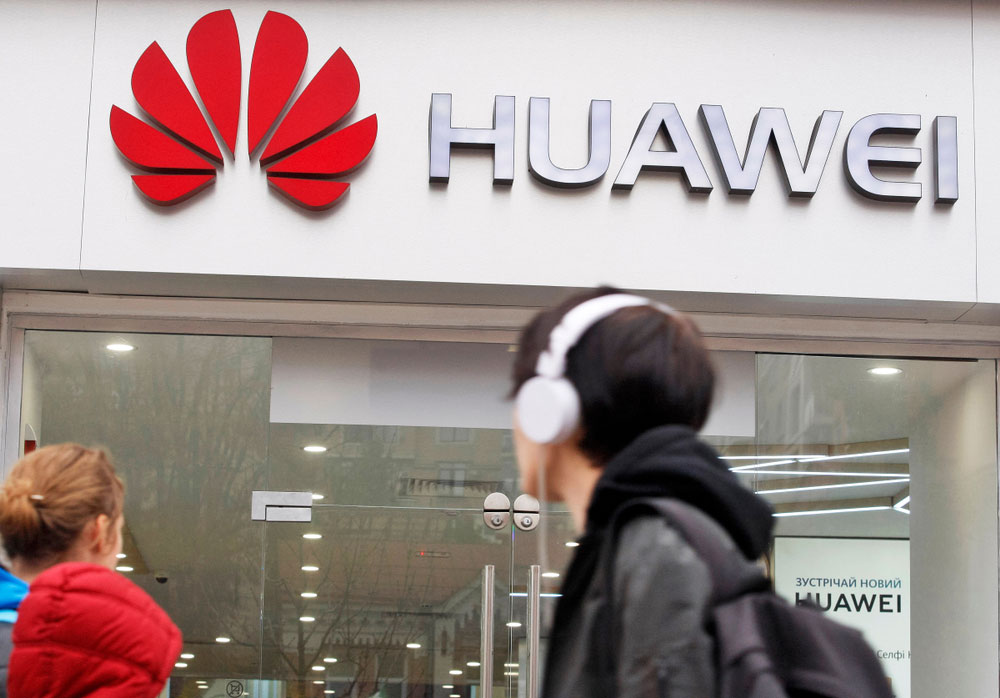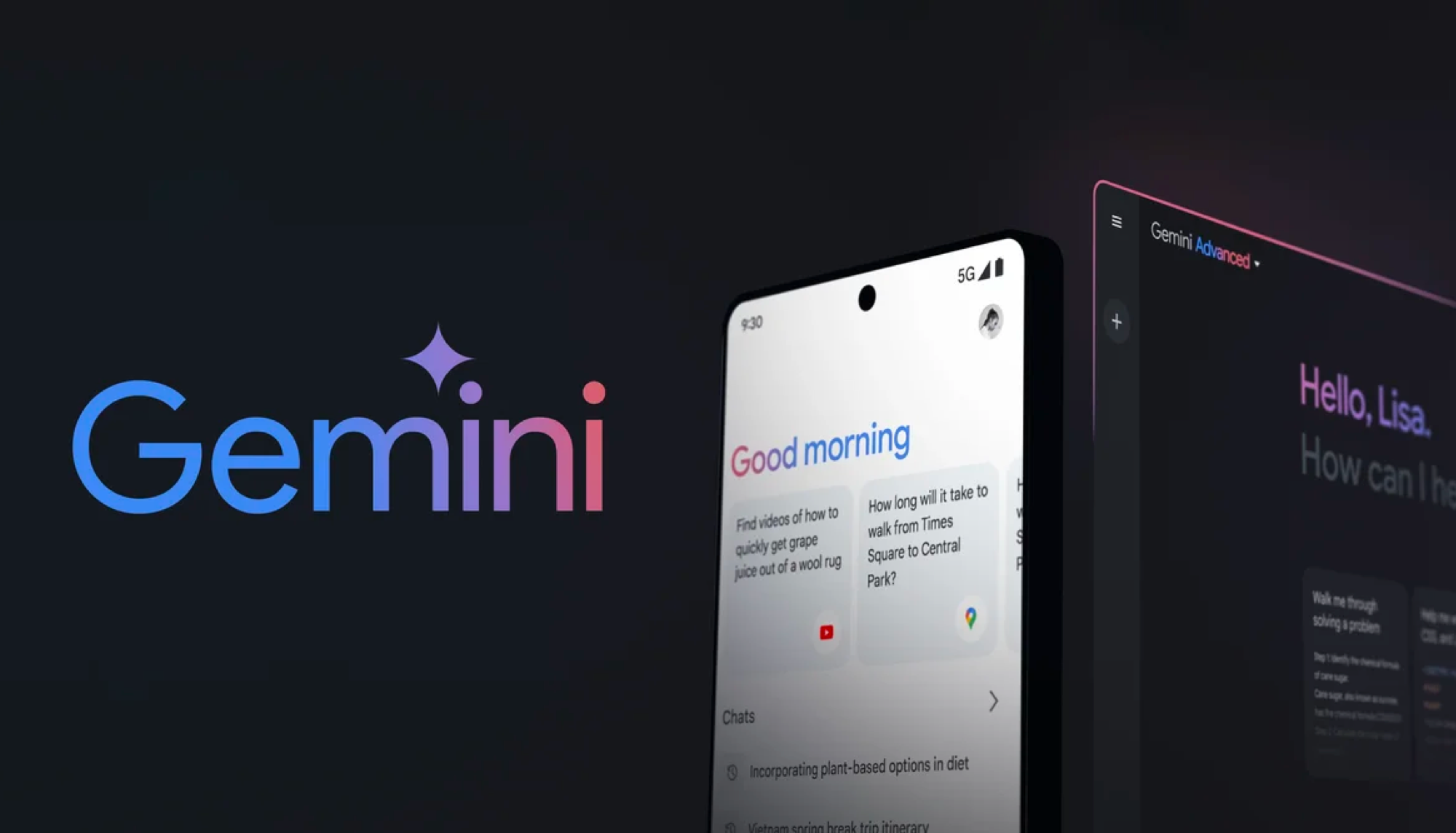U.S. Partially Lifts Ban on Huawei, But Android's Status Unclear
While U.S. companies can once again do business with Huawei, telecoms still can't use its equipment.
That sound you heard emanating from across the Pacific over the weekend was Huawei breathing a sigh of relief, after the U.S. government agreed to lift a ban that would have prevented U.S. firms from selling hardware and software to the Chinese tech giant as part of ongoing trade talks between China and the Trump administration.

At the G20 Summit of the world's leading industrial nations, President Donald Trump said that U.S. companies would be able to sell components to Huawei while trade talks between the U.S. and China continue. According to a report in the Wall Street Journal last week, China had made lifting the ban on Huawei's ability to do business with U.S. firms a precondition of relaunching trade talks between the two countries.
Trump's concession reverses a ban imposed by the U.S. Department of Commerce in May that placed Huawei on an entity list that required U.S. firms to get permission from the government if they wanted to sell hardware or software to Huawei. That effectively cut off Huawei from U.S.-made components as well as operating systems like Google's Android and Microsoft's Windows. At the same time as the Commerce Department's ban, Trump also issued an executive order that barred U.S. companies from using Huawei's telecommunications equipment. (That latter ban appears to still be in place.)
Even before the Trump administration was ratcheting up trade tensions with China, some segments of the U.S. government had been arguing that Huawei equipment posed a threat to U.S. security, without providing a lot of evidence to support that argument, other than pointing to the company's ties to China's ruling party. (Federal prosecutors have filed charges against Huawaei, alleging fraud and trade secret theft in recent months.) Lifting part of the ban against Huawei would seemingly undercut that argument, suggesting that the U.S. government's moves were more of negotiating tactic than a concern for national security.
Larry Kudlow, the president's economic advisor, says that's not the case, telling Fox News over the weekend that "this is not a general amnesty." According to Kudlow, Huawei remains on the Commerce Department's Entity List, and it's still barred from acquiring technology if the government determines that the sale poses a threat to national security.
It's also not clear yet whether Huawei will once again be able to use the Android operating system for its smartphones, as well as Google services, such as updates and security packages. Huawei had been granted a 90-day reprieve, which expires on August 19, after which Huawei phones in the U.S. may lose these functions.
But the decision to allow U.S. companies to resume doing business with Huawei for the most part has drawn fire, including from usual allies of the Trump administration. "If President Trump has agreed to reverse recent sanctions against Huawei he has made a catastrophic mistake," Sen. Marco Rubio (R-FL) tweeted on Sunday (June 29). In a subsequent tweet, Rubio raised the possibility of passing legislation to restore restrictions against Huawei, though it's worth noting the Florida senator has a track record of falling back into line with the president's policies after talking big on Twitter.
The ban against Huawei hasn't been a popular one with U.S. firms. Last month, Reuters reported that Qualcomm, Intel and other chipmakers had been quietly lobbying the U.S. government to ease the ban on Huawei. Last week, FedEx filed suit against the Commerce Department, objecting to having to police shipments of Huawei products to the U.S.
Sign up to get the BEST of Tom's Guide direct to your inbox.
Get instant access to breaking news, the hottest reviews, great deals and helpful tips.
Even a partial lifting of the ban gives Huawei a significant reprieve, allowing it to continue to receive the parts it needs to assemble products like phones and laptops. It can also continue to receive software and security updates for the operating systems it uses on its devices.
Even though the ban was only imposed in May, it was already having an impact on Huawei. The company killed off an update to its MateBook lineup in June, citing the U.S. ban as a major reason why. Huawei has also pushed back the launch of its foldable Mate X phone, though that delay appears to be driven by Huawei's desire to do more testing to avoid the problems that have plagued Samsung's launch of its foldable phone.
Even with the lifting of the ban, Huawei may not be out of the woods yet. In announcing the move, Trump said that Huawei would remain part of the U.S.-China trade discussions.
Philip Michaels is a Managing Editor at Tom's Guide. He's been covering personal technology since 1999 and was in the building when Steve Jobs showed off the iPhone for the first time. He's been evaluating smartphones since that first iPhone debuted in 2007, and he's been following phone carriers and smartphone plans since 2015. He has strong opinions about Apple, the Oakland Athletics, old movies and proper butchery techniques. Follow him at @PhilipMichaels.

